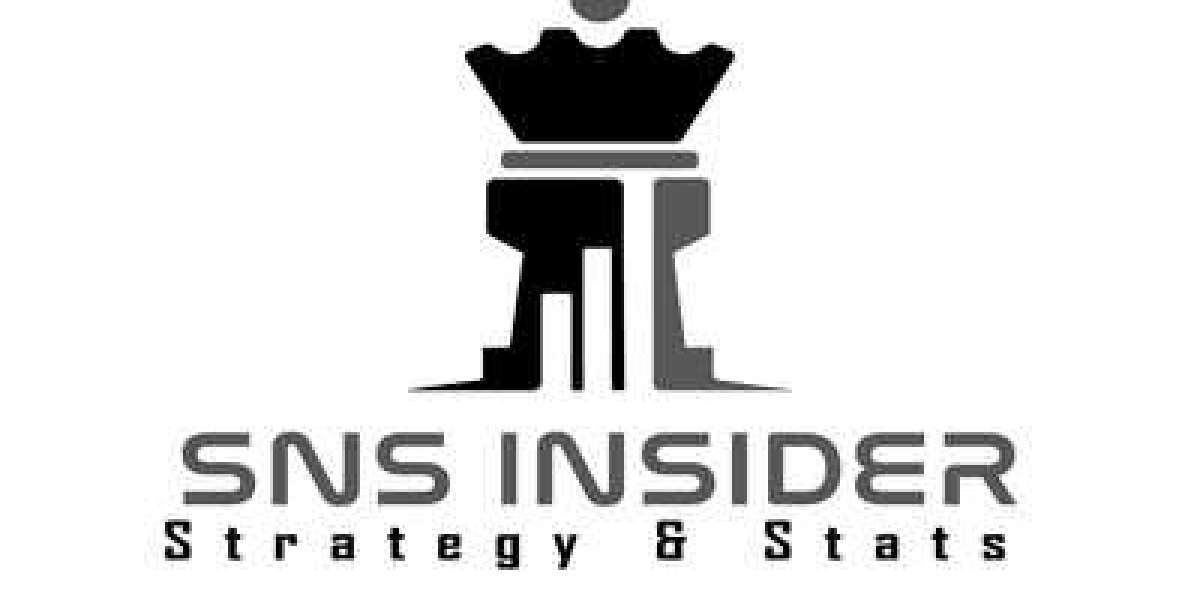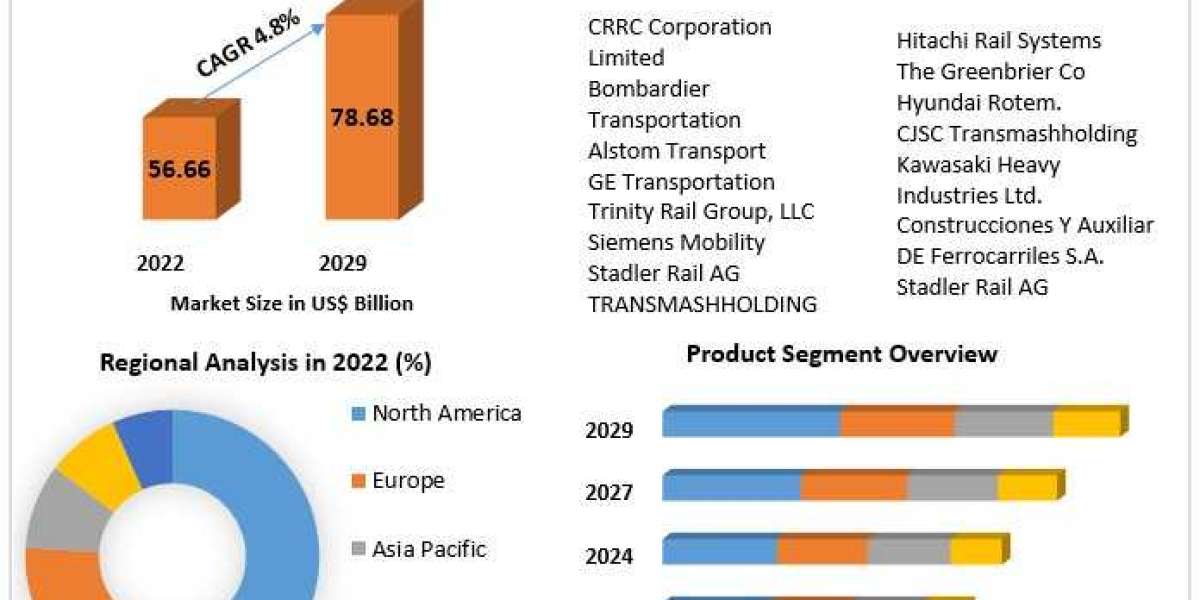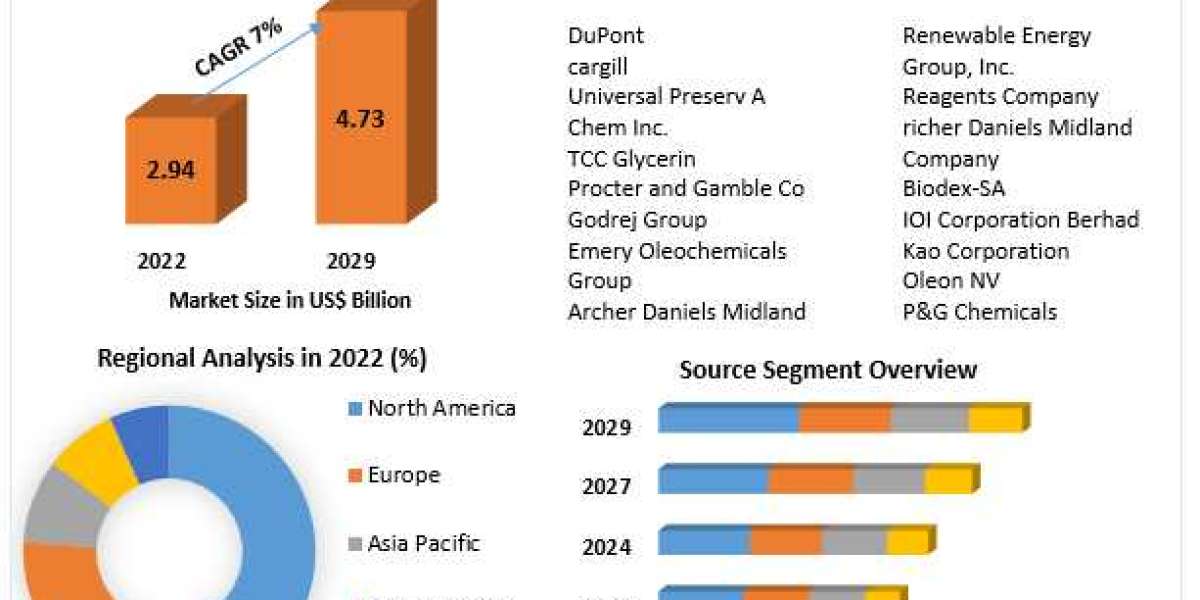The Swarm Robotics Market Share valued at USD 0.84 billion in 2023, is anticipated to surge to USD 7.1 billion by 2031, driven by a remarkable compound annual growth rate (CAGR) of 30.05% from 2024 to 2031. This growth is fueled by advancements in robotic technology and artificial intelligence, which enhance the efficiency and capabilities of swarm robotics. The increasing application of swarm robotics in industries such as agriculture, defense, and logistics for tasks like monitoring, surveillance, and automated operations is a major growth driver. Additionally, the rising demand for collaborative robots and autonomous systems that can work in unison is propelling market expansion. Investments in research and development to improve swarm algorithms and hardware are also contributing to the market’s rapid growth.
Growth drivers for the swarm robotics market are diverse and compelling. The increasing demand for automation across various industries is a major factor, as businesses seek to enhance productivity and operational efficiency. Swarm robotics offers significant advantages in tasks requiring high precision and coordination, such as inventory management in warehouses and agricultural monitoring. Additionally, advancements in AI, machine learning, and communication technologies are fueling the development of more sophisticated and capable robotic systems. The growing interest in smart manufacturing, the rise of the Internet of Things (IoT), and the need for enhanced safety and surveillance solutions also contribute to the market's expansion. Moreover, as industries strive for cost-effective and scalable solutions, swarm robotics presents a promising approach by reducing the need for extensive human intervention and increasing the speed of task execution.
The impact of the recession on the swarm robotics market presents a mixed outlook. Economic downturns typically lead to reduced capital expenditure and tighter budgets, which may affect investment in advanced technologies, including swarm robotics. However, the potential cost savings and efficiency gains offered by swarm robotics can offset some of these impacts. Organizations may view swarm robotics as a strategic investment to optimize operations and reduce long-term costs, particularly in industries where automation can significantly improve productivity and operational resilience. The emphasis on enhancing efficiency and minimizing operational costs during economic hardships could drive continued interest in swarm robotics, albeit at a potentially slower pace.
Regionally, the swarm robotics market exhibits varied growth patterns. North America, particularly the United States, leads the market due to its advanced technological infrastructure, substantial RD investments, and early adoption of robotics technologies. The presence of key industry players and a favorable regulatory environment further boost market growth in this region. Europe follows closely, with countries like Germany, the UK, and France actively investing in swarm robotics for industrial and defense applications. The region benefits from strong research institutions and collaborative initiatives aimed at advancing robotic technologies. In the Asia-Pacific region, countries such as China, Japan, and South Korea are experiencing rapid growth in the swarm robotics market, driven by increasing industrial automation, government support for technology innovation, and expanding manufacturing sectors. Emerging markets in Latin America and the Middle East Africa are also showing potential, with growing interest in automation and robotics technologies, though they currently represent smaller market segments compared to other regions.
The competitive outlook for the swarm robotics market is dynamic and evolving. The market is characterized by the presence of several prominent players as well as numerous startups and emerging companies. Key players in the industry focus on technological innovation, strategic partnerships, and market expansion to maintain their competitive edge. Companies are investing in research and development to enhance robotic capabilities, improve swarm coordination algorithms, and develop novel applications. Competitive strategies also include offering customizable solutions, expanding product portfolios, and exploring new market opportunities. As the swarm robotics market grows, companies must navigate challenges related to technological complexity, regulatory compliance, and market adoption to sustain their competitive positions.
In conclusion, the swarm robotics market is poised for growth, driven by advancements in technology, increasing demand for automation, and the potential for cost-effective solutions. While economic downturns may impact investment levels, the efficiency gains and operational benefits offered by swarm robotics present compelling reasons for continued interest. Regional dynamics highlight North America, Europe, and Asia-Pacific as key growth areas, each with its own set of drivers and opportunities. The competitive landscape is marked by innovation and strategic positioning, with companies working to advance robotic technologies and expand market reach. As the industry evolves, swarm robotics is expected to play a crucial role in shaping the future of automation and collaborative robotics.
Read Related Reports:
Swarm Robotics Market Forecast



